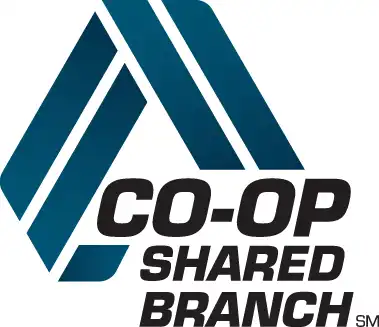Did you know that every day thousands of people fall victim to fraudulent emails, text messages and phone calls from scammers posing as someone from their financial institution? Between the COVID-19 pandemic and the economic crisis, scammers have become relentless. According to the Federal Trade Commission, in 2020, 2.2 million reports about fraud were received with consumers losing nearly $3.3 billion. Incoming phone calls are still the top tactic scammers use to attack consumers – both through phone calls and text messages. Hackers and scammers are professional thieves, but everyone can do their part to build a defense against the fraudulent activities they use. There are various ways to protect yourself and your money.
Questions We Would Never Ask
There are a series of questions that would make sense for your credit union to ask you, but the threat of a scammer can be spotted by how you are contacted and the questions that are asked by the credit union representative. We communicate with members in a few ways, however it’s not normal for us to send an email or text message that asks you for account information, or to click on a link to avoid any account issues.
Watch Out for Red Flags
If you receive an email, text or phone call from your credit union asking for personal information, that is a big red flag! It’s better to be safe than sorry, so end the call, delete the text, and trash the email, because we would never contact you to ask these questions! You may be asked to verify confidential information if you call your credit union, but never the other way around. If you receive an incoming call from someone claiming to be your credit union, hang up and call us immediately.
- Your Account Number
- Your Password
- Your Social Security Number
- Your PIN Number
- Your Birthday
- Your Address
- To Click a Link or Type a URL
- Fill Out a Form
- Download an Attachment
- Call Them at a New Number
Tips to Help Avoid Falling for These Scams
- Beware of Links. We will never send you a text or email to click a link. If you receive this type of message, don’t respond – just delete it and call us to confirm we didn’t send it. Beware of Scare Tactics. Some scams use fear-inducing language to pressure or even threaten you into sharing private information, but don’t respond! Instead, call your us directly to see if it’s a legitimate request or scam.
- Protect your Confidential Information. We will never ask for your account number, social security number, name, address or password in an email or text message. We will only ask you to provide this information to verify your identity when you call us directly.
- Call Us. If you receive an email, text or call and you have suspicions, play it safe by calling us about the message you received.
- Watch for Misspelled Words. It’s very common to find typos in a fraudulent text or email. If you find one in the message, it’s most certainly a scam! Be sure to delete it right away.
- Safely Use Online Banking. Our online banking tools make it easy to manage your account, transfer funds, and pay bills, but it’s important to be cautious in order to keep your information safe. Set up account alerts so you can easily monitor your account activity and security. With these alerts, you’re immediately made aware of purchases and when your online account is accessed so you can act quickly to protect your money and account information.
What Should I Do If I Fall for a Scam?
- Take a deep breath. You’re going to get through this!
- Change your passwords. Immediately change your online login credentials, passwords and PINs. Many people use the same password for multiple log-in’s such as email and cell phone accounts. And even if you don’t, once one account is hacked it can be easy for a criminal to access your other accounts. Immediately change any account passwords.
- Call us and let us know what happened. Request to close or freeze any accounts that may have been targeted.
- Notify credit agencies and set up fraud alerts.
- Enable multi-factor authentication wherever possible — especially on all of your online banking accounts.
This prevents cybercriminals from accessing your accounts even if they know your password.
You may also consider contacting local law enforcement.
If you believe your personal information has been compromised or you think you are a victim of identity theft, we’re here to help! Contact us as 706-232-6871 or memberservices@gpnw.org.




